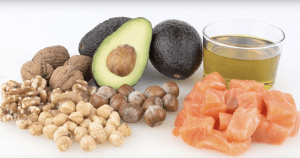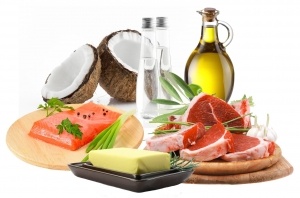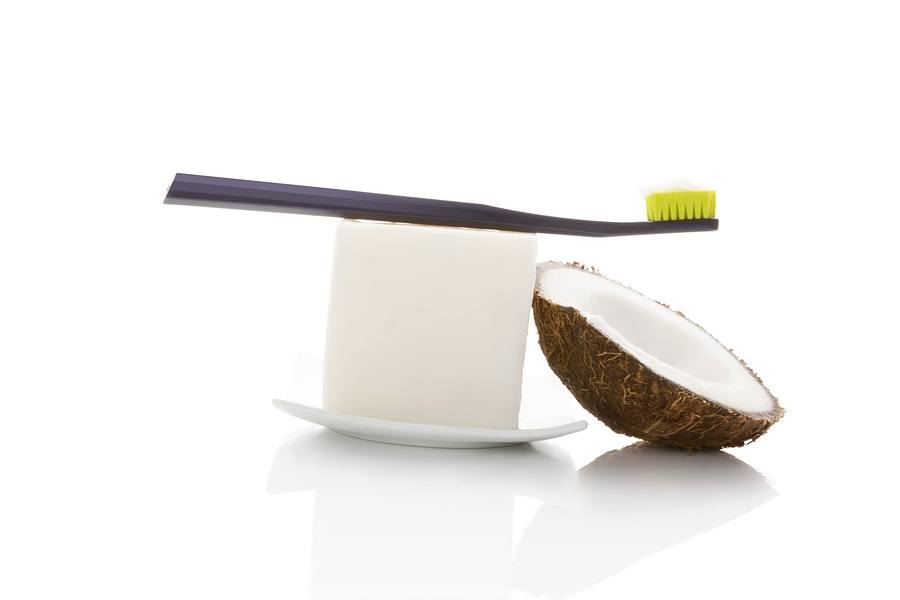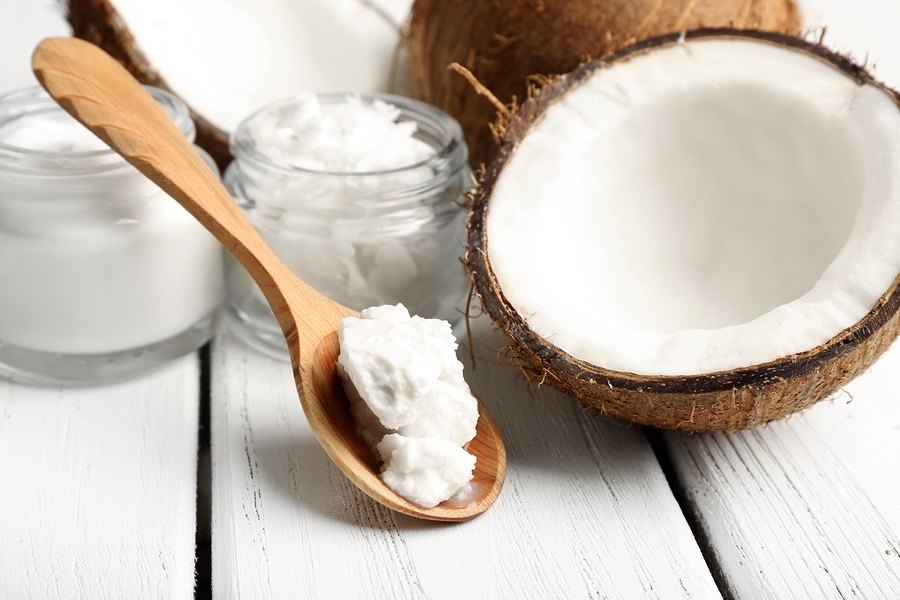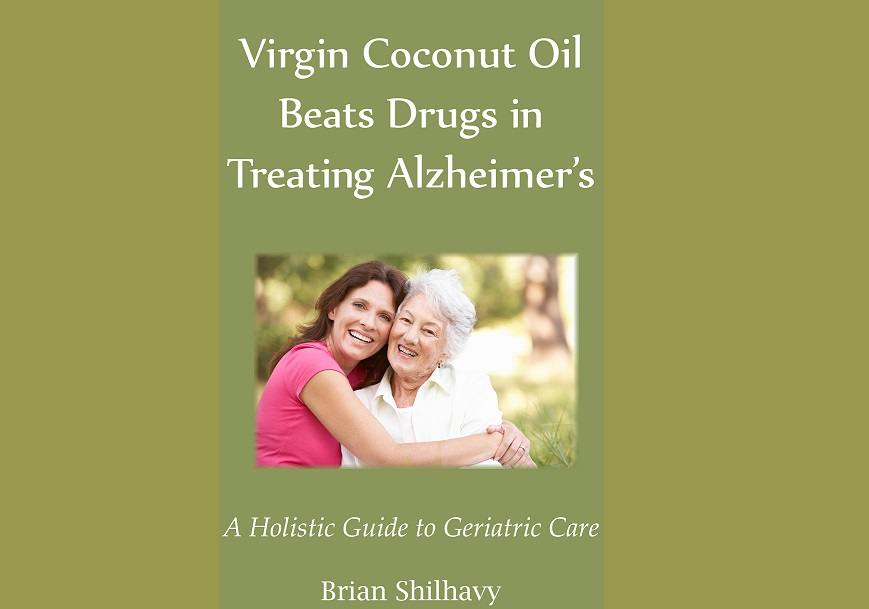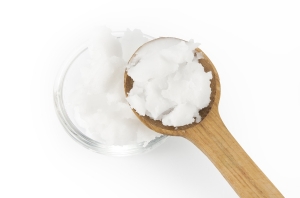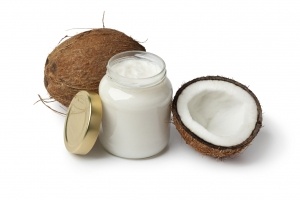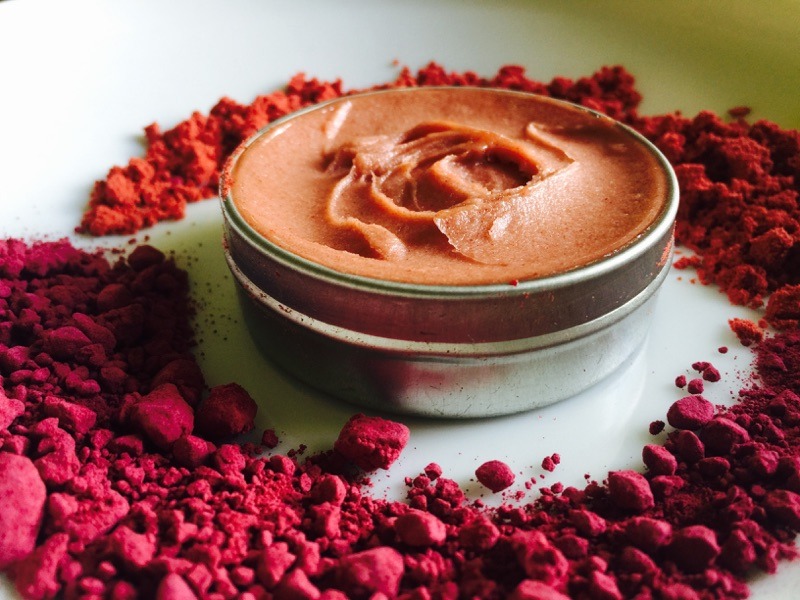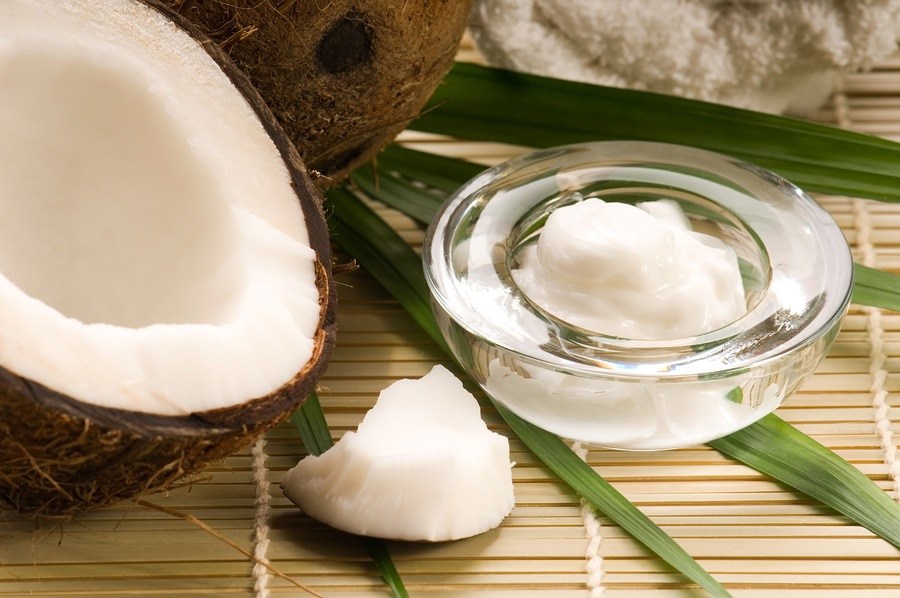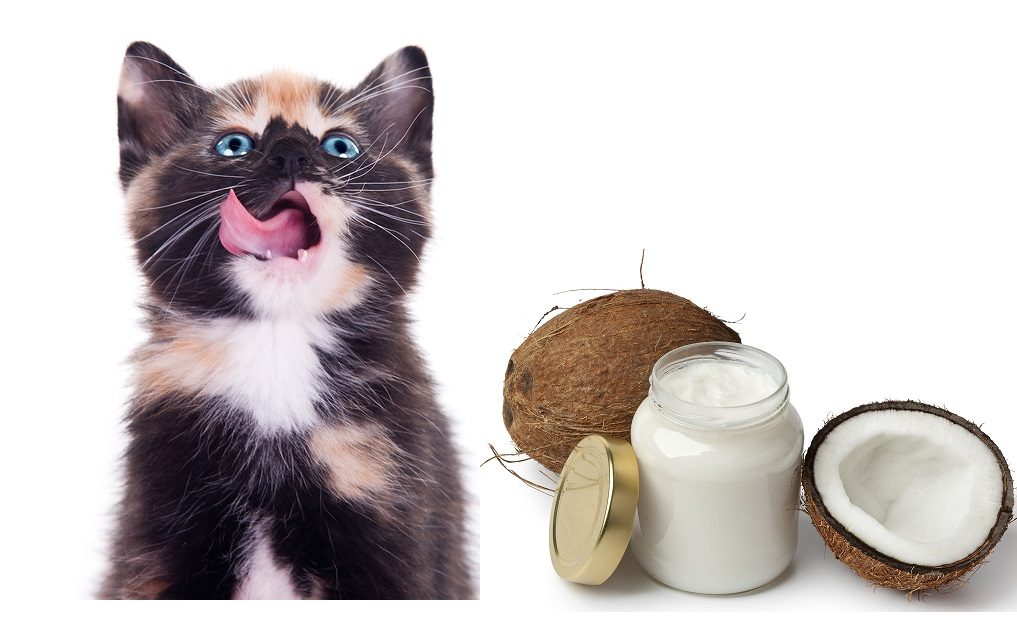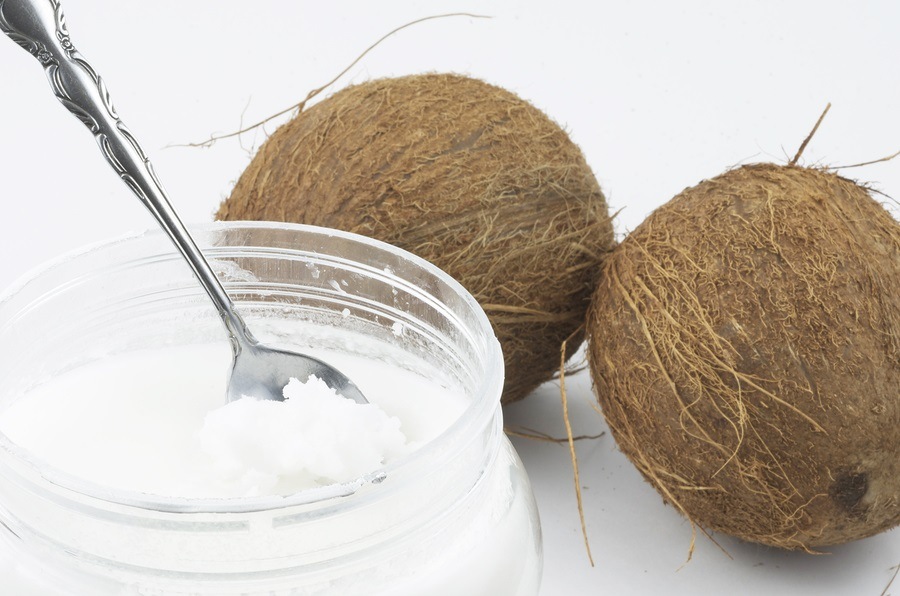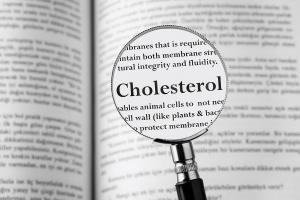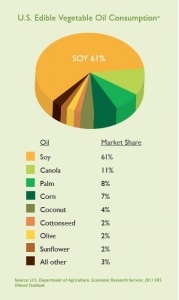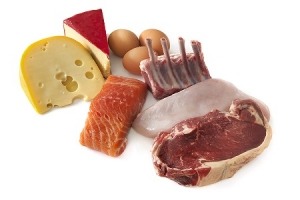In 1931, Dr. Otto Warburg won the Nobel Prize Physiology or Medicine for his discovery that cancer cells have a fundamentally different energy metabolism compared to healthy cells.
Most experts consider him to be the greatest biochemist of the 20th century. His lab staff also included Hans Krebs, Ph.D., after whom the Krebs cycle was named.
The Krebs cycle refers to the oxidative reduction pathways that occur in the mitochondria. So just how does the metabolic inflexibility of cancer cells differ from healthy cells?
A cell can produce energy in two ways: aerobically, in the mitochondria, or anaerobically, in the cytoplasm, the latter of which generates lactic acid — a toxic byproduct. Warburg discovered that in the presence of oxygen, cancer cells overproduce lactic acid. This is known as The Warburg Effect.
Mitochondrial energy production is far more efficient, capable of generating 18 times more energy in the form of adenosine triphosphate (ATP) than anaerobic energy generation.
Warburg concluded that the prime cause of cancer was the reversion of energy production from aerobic energy generation to a more primitive form of energy production, anaerobic fermentation.
To reverse cancer, he believed you had to disrupt the energy production cycle that is feeding the tumor, and that by reverting back to aerobic energy metabolism you could effectively "starve" it into remission.
Although he was never able to conclusively prove it, he maintained this view until his death in 1970. One of his goals in life was to discover the cure for cancer. Sadly, as so typically happens in science, his theories were never accepted by conventional science despite his academic pedigree — until now.
The New York Times recently published a long, detailed article about the history of modern cancer research, including Warburg's theories on cancer, which are now becoming more widely accepted.



